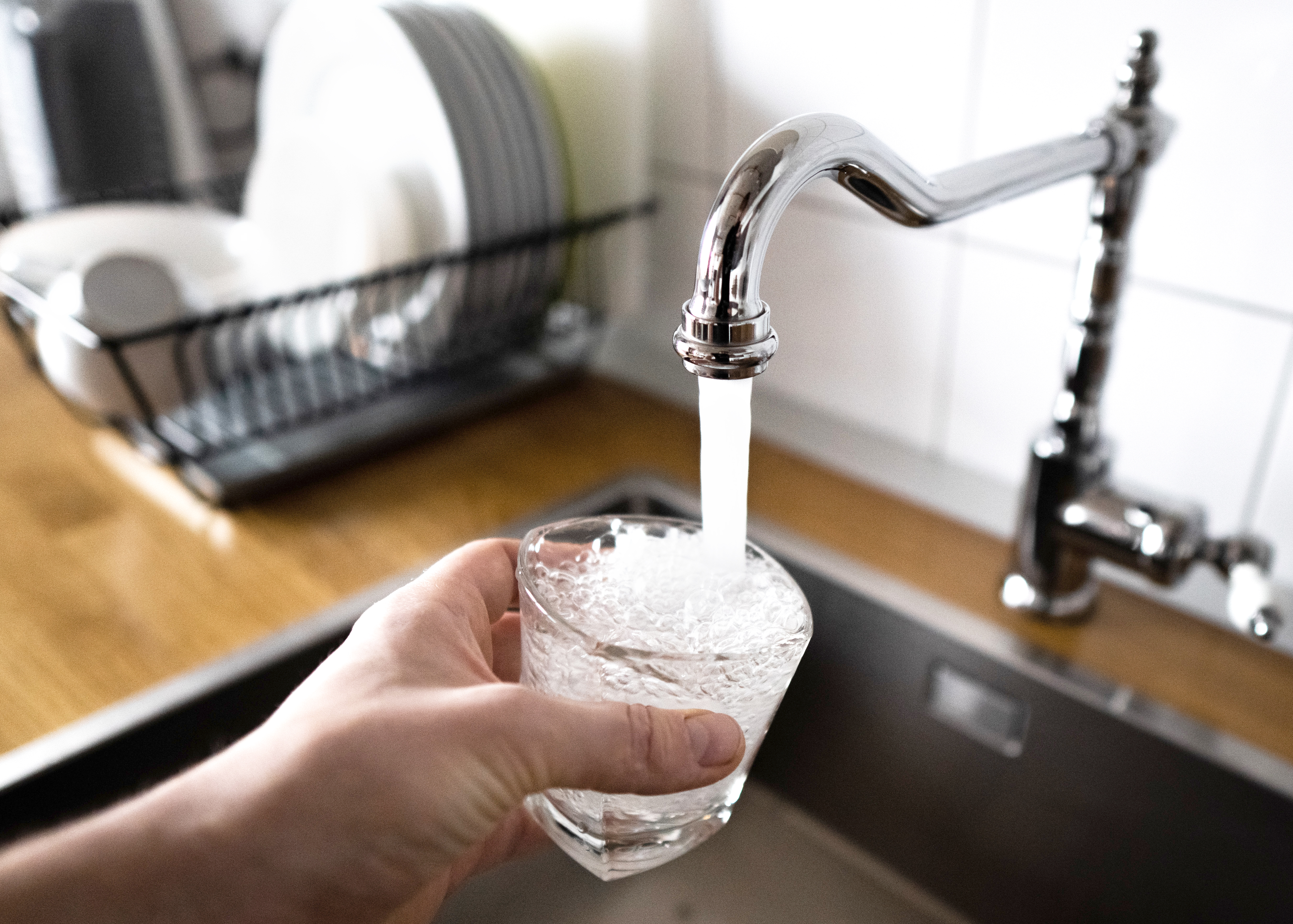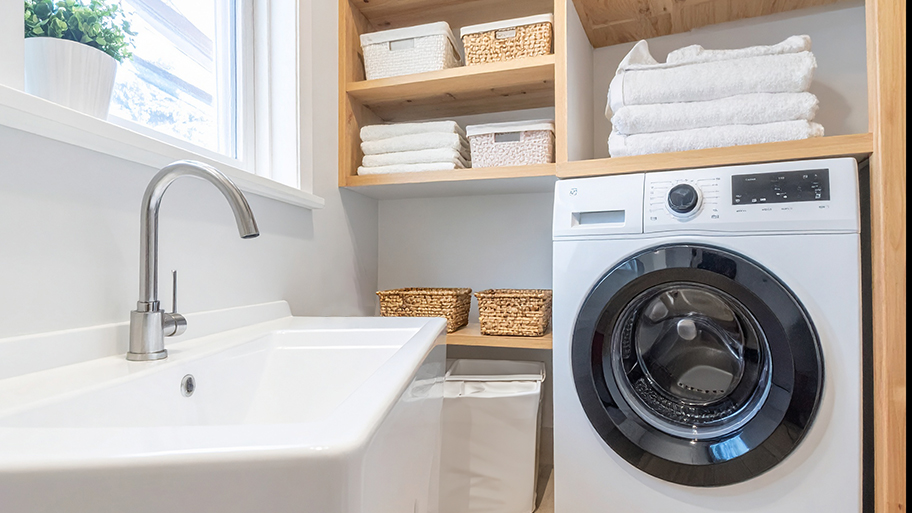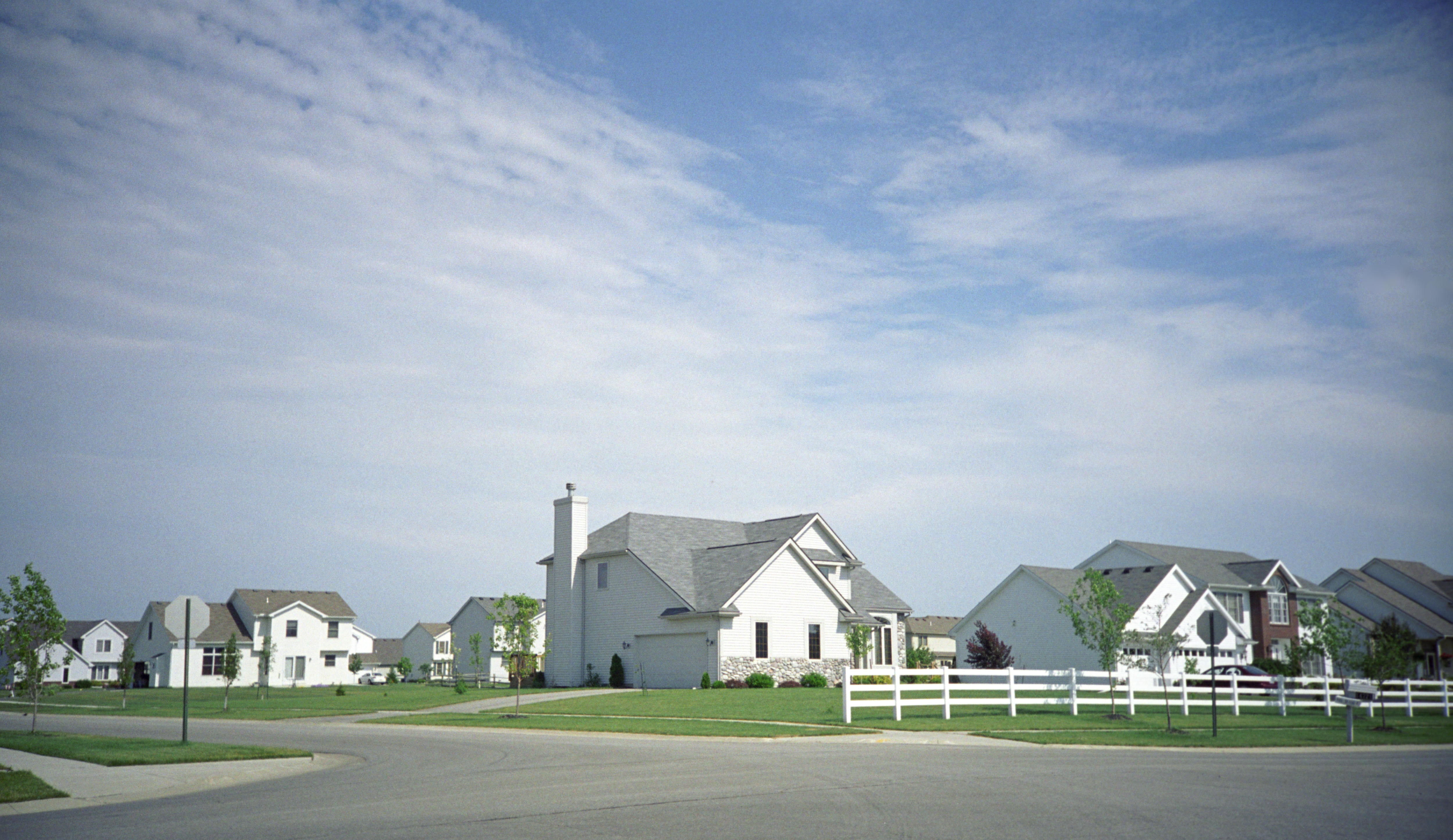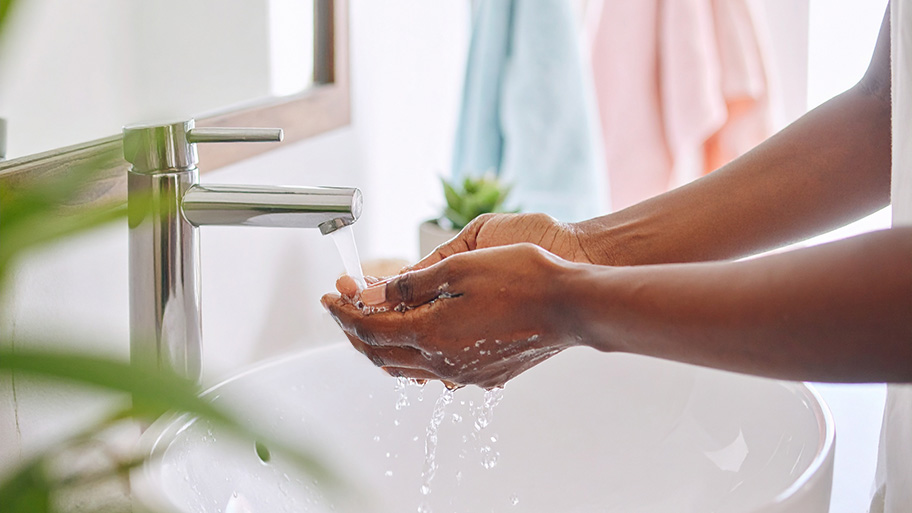
Learn about main water line repair costs in Columbus and what affects pricing to be prepared before you start getting estimates.
Plumbers in Phoenix charge an average of $382, with most homeowners paying between $100 and $1,200. Extreme heat, caliche soil, and local permitting can all influence your final price.


Extreme heat and caliche soil can increase repair and excavation costs.
Emergency services during heavy rains can exceed $1,200.
Phoenix permitting and code compliance are essential for major plumbing work.
Plumber’s trip fees can range from $100 to $250.
Plumbing costs in Phoenix average around $382, with most homeowners paying between $100 and $1,200. How much a plumber costs in Phoenix depends on several factors, including project complexity. Smaller repairs may cost as little as $198, while extensive work, such as repiping or replacing a water line, can reach $585.
Several factors influence the cost of plumbing services in Phoenix. For example, the type of repair, your home's age, the ease with which a plumber can access pipes, and the local climate all play a role. Understanding these can help you plan your budget and avoid surprises when hiring a pro.
The size and complexity of your plumbing project significantly impact the cost. For small plumbing jobs in Phoenix, such as repairing a leaky faucet, fixing a running toilet, or clearing a clogged drain, plumbers cost anywhere from $120 to $300 on average. Mid-sized projects, such as installing a new water heater or fixing sewer lines, can cost between $200 and $2,000. Major work, including whole-home repiping or sewer replacement, can exceed $4,000.
Phoenix houses and lots are not always friendly to plumbers trying to reach pipes and fixtures. Homes with slab foundations often need extra cutting and drilling. Tight crawl spaces or built-in pools can require more specialized work, and complex landscaping can also mean additional digging or restoration. All of these factors add labor time and raise costs.
Phoenix’s extreme heat and caliche soil contribute to higher repair costs. The caliche layer, a hard mixture of clay and calcium carbonate, requires specialized equipment to excavate, which increases labor costs. Heavy rainfall can cause aging pipes to fail, meaning you may need a plumber ASAP. Emergency plumbing services cost premium rates—often one and a half to two times standard prices.
According to the City of Phoenix municipal code, plumbing permit costs are calculated based on the project's valuation, with permit fees determined by the total value of materials, labor, overhead, and profit, rather than flat fees. The City of Phoenix follows a structured fee schedule. Permits with project valuations between $1 and $1,000 include a maximum of two inspections. Additional inspections are charged at $150 per inspection if needed.
According to the City’s Planning & Development Department, Phoenix does not require plumbing permits for:
Stopping leaks in drains, water, soil, waste or vent pipes
Clearing stoppages or repairing leaks in pipes, valves, or fixtures
Replacing water closets, valves, or fixtures with new ones that meet conservation requirements, except when relocation is involved
Repairing or replacing portable or built-in appliances that connect to building water, drain, or gas systems by approved means
Replacing existing water heaters in one- and two-family dwellings when performed by a licensed contractor
However, permits are required when:
Concealed pipes become defective and need replacement with new material
Valves, pipes, or fixtures require relocation or rearrangement
Any work being performed affects the building's water supply, sewer, drainage, or gas piping systems
The City emphasizes that all plumbing work must still comply with applicable codes, regardless of whether a permit is required.
Understanding what professional plumbers charge in Phoenix can help you budget accurately and avoid unexpected fees. Below is a breakdown of hourly rates, project pricing, and other cost details specific to the area.
Phoenix plumbers typically charge hourly rates ranging from $45 to $200. Their pricing reflects a complex combination of business costs and specialized expertise that justifies their fees. Factors influencing their rates include their experience level, geographical location, job complexity, overhead expenses, and local market conditions.
Plumbers typically charge flat rates for common, standardized services where they can accurately predict the time, materials, and complexity involved, such as drain cleaning, leak repairs, appliance installations, toilet replacements, and routine maintenance tasks.
Flat-rate pricing gives customers peace of mind knowing how much they can expect to pay when the job is complete. Plumbers choose flat-rate pricing to streamline their business operations, reduce administrative time spent on estimates and invoicing, and encourage efficiency without compromising quality. Common flat rate ranges include:
| Example Project Type | Flat Rate |
|---|---|
| Clearing clogs/drain snaking | $95–$500 |
| Water heater installation | $800–$2,000 |
| Repairing burst pipes | $1,000–$4,000 |
In contrast, complex projects with unknown variables may still require time-and-materials pricing to protect both the contractor and customer from unexpected costs.
Trip fees generally range from $100 to $250, covering travel and often the first hour of labor. In Phoenix, these fees can also reflect the time it takes to reach sprawling neighborhoods and account for extra fuel or heat-related travel considerations.
In Phoenix, updating plumbing is especially valuable because it helps homes handle intense heat, shifting desert soils, and caliche conditions. This not only reduces the risk of leaks and damage but also increases buyer confidence. While it may not directly increase home value, it can ward off inspection issues or help tip the scales in your favor when it’s time to sell.
Home is the most important place on earth, which is why Angi has helped more than 150 million homeowners transform their houses into homes they adore. To help homeowners with their next project, Angi provides readers with the most accurate cost data and upholds strict editorial standards. We’ve surveyed over 30,000 real Angi customers about their project costs to develop the pricing data you see, so you can make the best decisions for you and your home. We pair this data with research from reputable sources, including the U.S. Bureau of Labor Statistics, academic journals, market studies, and interviews with industry experts—all to ensure our prices reflect real-world projects.
Want to help us improve our cost data? Send us a recent project quote to [email protected]. Quotes and personal information will not be shared publicly.
From average costs to expert advice, get all the answers you need to get your job done.

Learn about main water line repair costs in Columbus and what affects pricing to be prepared before you start getting estimates.

The cost to add plumbing to a detached garage depends on several factors, including the type of plumbing and the garage's distance from your home.

Discover the leading factors affecting your main water line replacement cost in Columbus, including length, material selection, and installation details.

Plumbing a bathroom starts with knowing the steps for a successful DIY project. Follow this guide to learn how to plumb a bathroom yourself.

Need to stop a plumbing leak quickly and minimize water damage in your home? Buy yourself some time with these temporary fixes for a leaking pipe.

Whether you’re running a heavy water supply main or softer plastic plumbing, there’s a pipe clamp for the job. Learn the pipe clamp types and how to use them.